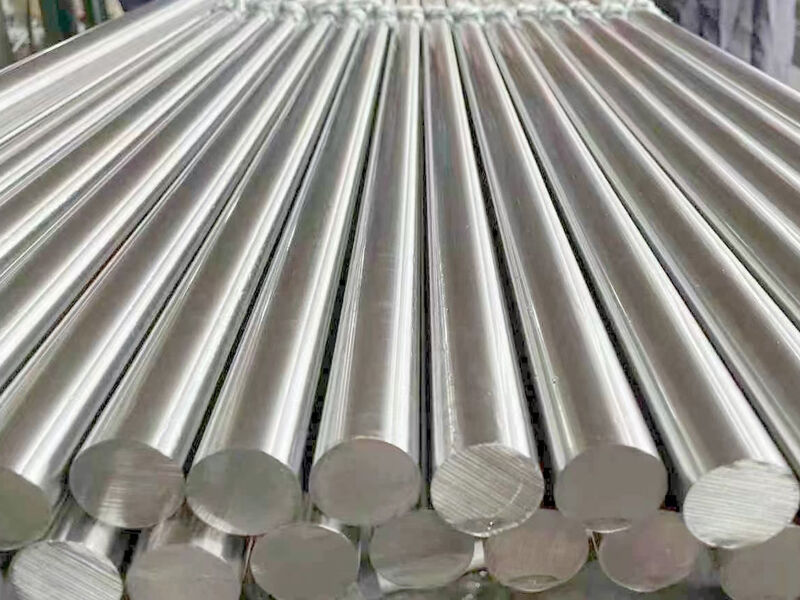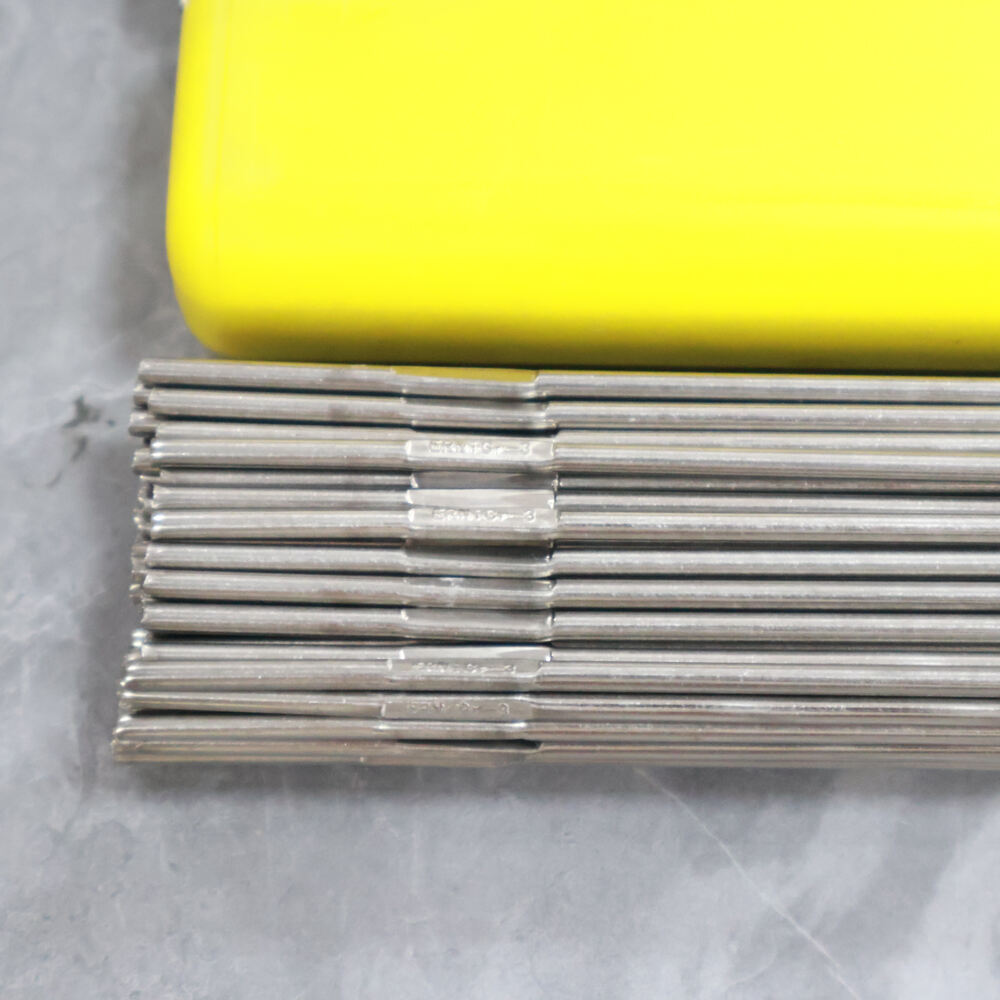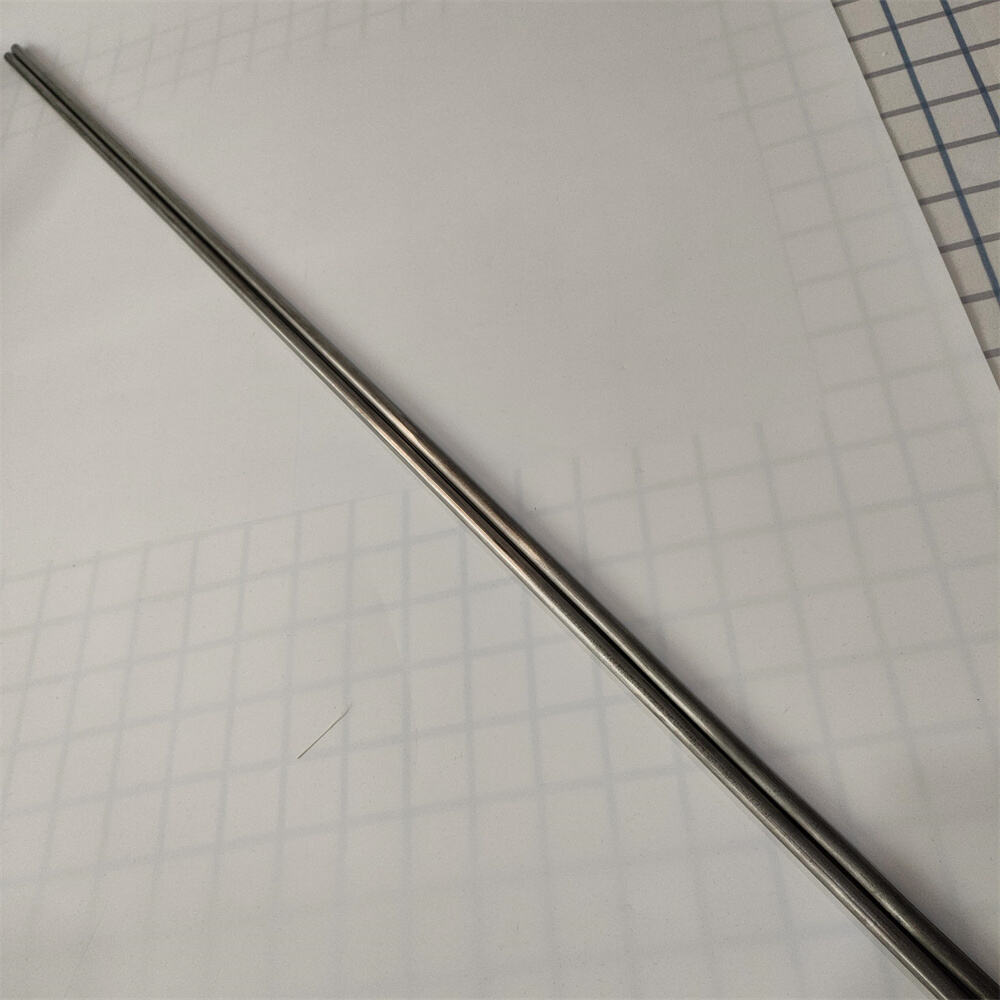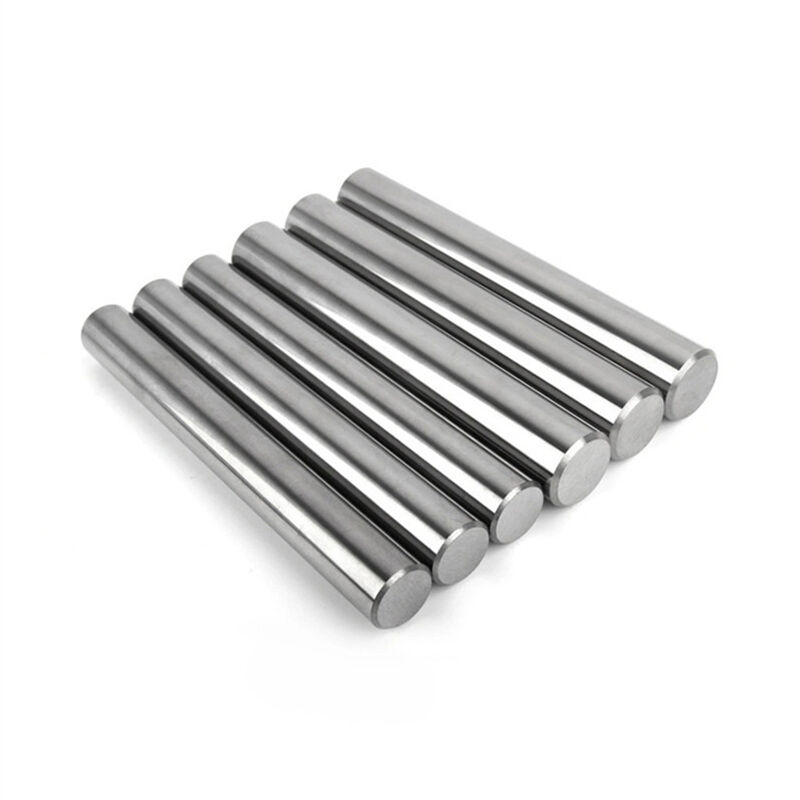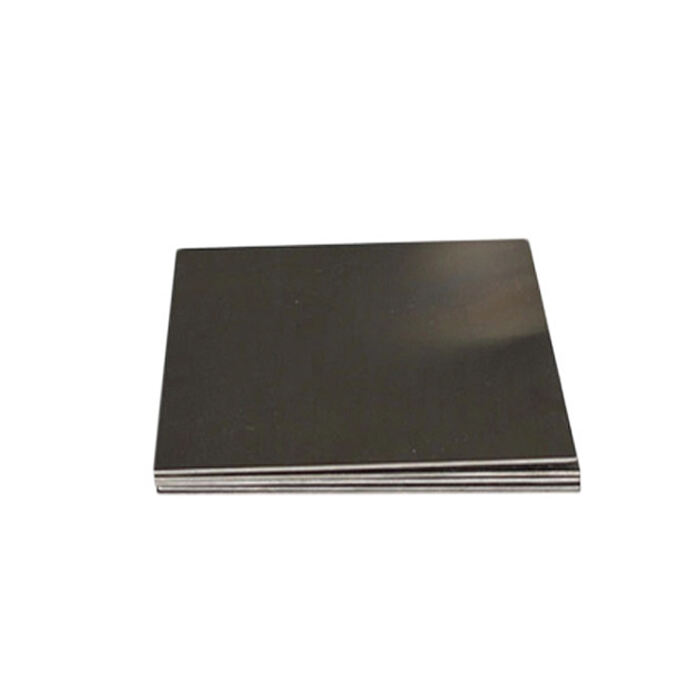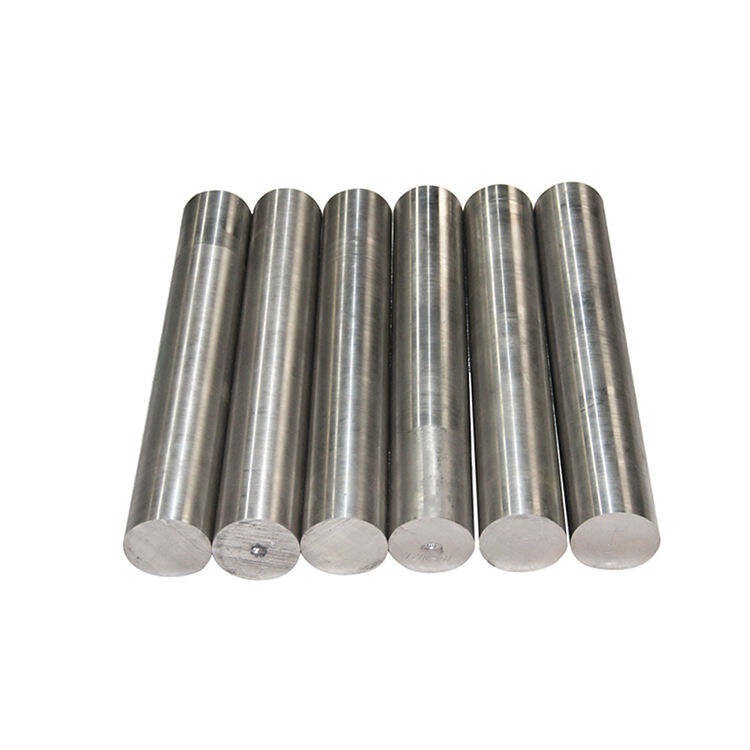Very low or controllable coefficient of thermal expansion:
Some expansion alloys, such as Invar, expand with little change in temperature, and other types can be designed to have specific expansion rates.
High dimensional stability:
Shape and size stability is maintained even in environments with large temperature fluctuations.
Good mechanical properties:
Usually has enough strength and toughness, suitable for the manufacture of complex structural parts.
Good machinability:
Easy for hot and cold processing, welding and other forming processes.
Corrosion resistance:
Many expansion alloys also exhibit excellent corrosion resistance and are suitable for a variety of environmental conditions.


